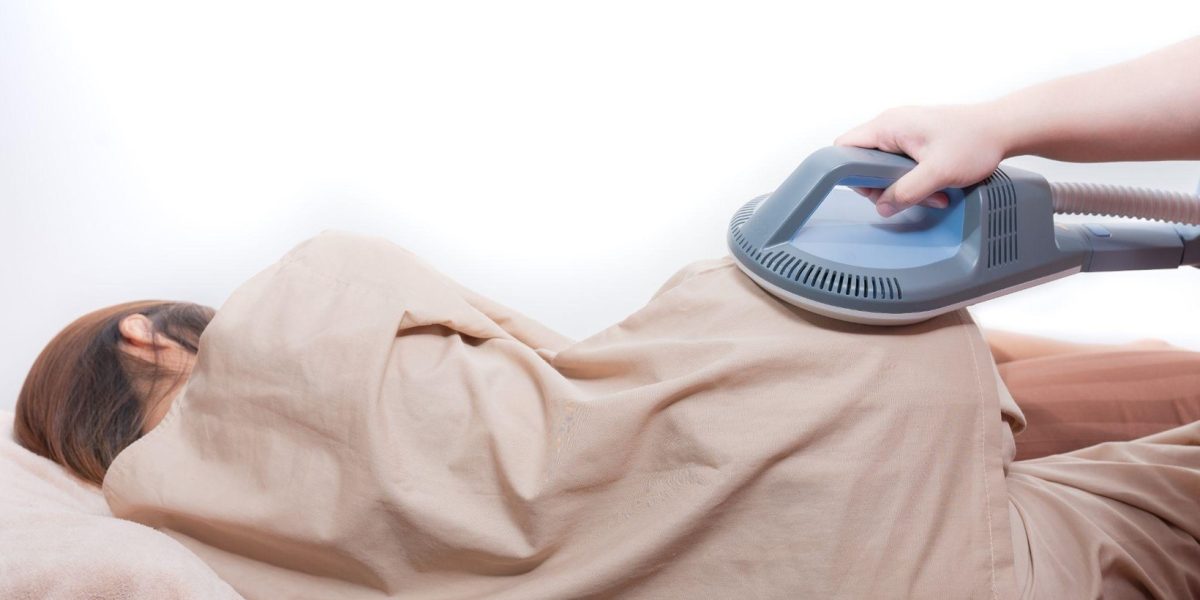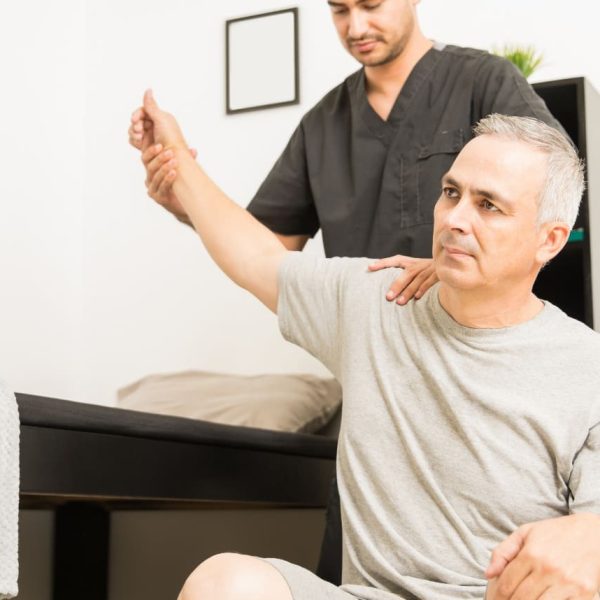Introduction
Hip pain can affect anyone and may present in various ways, such as difficulty bending at the hip or pain in the front, back, or side of the torso. The majority of causes stem from injuries to the muscles, tissues, or tendons surrounding the hip joint. Additionally, hip pain may arise from congenital health issues in some patients.

Symptoms
- Pain: Can be acute or chronic.
- Discomfort: Pain in the hip or leg.
- Limited Movement: Such as painful movements.
- Swelling and Warmth: There may be swelling and warmth in the hip area.
- Tingling: A sensation of tingling or discomfort may occur.
Causes
The causes of hip pain can be divided into several main categories:
1. Hip Joint Issues:
- Osteoarthritis of the hip.
- Rheumatoid arthritis of the hip.
- Hip fractures.
2. Muscle and Tendon Problems:
- Hip flexor strain.
- Muscle spasms or tears.
3. Injury-Related Problems:
- Sports injuries.
- Accidental injuries.
4. Bone Issues:
- Hip fractures.
- Femoral head fractures.
5. Balance and Movement Issues:
- Changes in movement patterns.
- Insufficient muscle stretching.
6. Medical Conditions:
- Hip labral tears.
- Infections in the hip joint or hip bone.
- Medical conditions affecting hip mobility.
7. Improper Movement Issues:
- Poor sitting posture.
- Improper lifting techniques.
8. Stress and Lifestyle Factors:
- Stress leading to muscle tension.
- Sleeping in improper positions.
Physical Therapy Treatments
1. Strength and Flexibility Exercises:
1.1. Strengthening Hip Muscles: Exercises like squats, lunges, and leg raises in various positions.
1.2. Increasing Flexibility: Stretching exercises for the hip, glutes, and hip flexors.
2. Manual Technique:
Helps reduce muscle tension and alleviate pain.
3. Heat and Cold Therapy:
3.1. Cold Packs: Used initially after injury to reduce swelling and pain.
3.2. Heat Packs: Helps to relax tight muscles.
4. Electrical Stimulation (ES):
TENS (Transcutaneous Electrical Nerve Stimulation) to reduce pain and stimulate blood flow.
5. Ultrasound Therapy (US):
Enhances blood circulation, promotes tissue repair, and alleviates pain.
6. Peripheral Magnetic Stimulation (PMS):
Reduces pain, relaxes muscles, and increases muscle strength.
7. High Power Laser Therapy (HPLT):
Improves blood circulation and alleviates pain.
8. Posture Training:
8.1. Correct posture for sitting, standing, and lifting.
8.2. Adjusting work posture with appropriate chairs to avoid injury.
9. Movement and Balance Training:
9.1. Engaging in various movements to enhance flexibility.
9.2. Practicing balance to improve stability in controlling movements.
10. Controlled Movements:
Practicing careful movements to minimize recurrence of pain.
Frequently Asked Questions
How long does it take to recover from hip pain?
The recovery time from hip pain can vary based on the underlying cause, severity, and treatment methods used. Here’s an overview of recovery timelines based on common causes:
1. Muscle and Tendon Injuries:
1.1. Mild to Moderate Pain: Recovery may take about 1-4 weeks, depending on the severity and treatment received.
1.2. Severe Injuries: Recovery can take longer, from 4-8 weeks or more if there is significant tearing or inflammation.
2. Hip Osteoarthritis:
2.1. Chronic Pain: Symptoms may improve and quality of life may enhance within 2-3 months after starting physical therapy and medication.
2.2. Long-Term Management: Treatment may require ongoing management to maintain flexibility and strength in the hip joint

